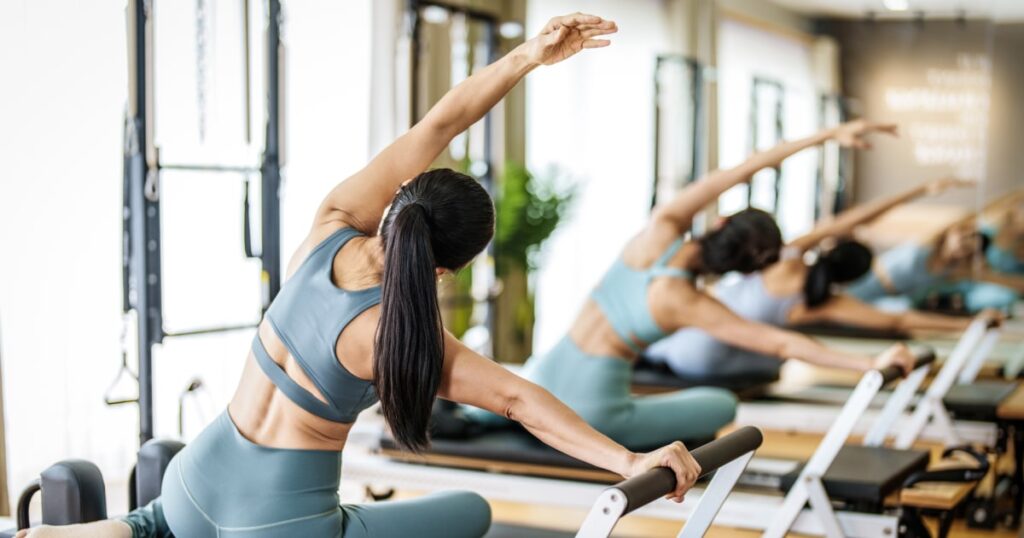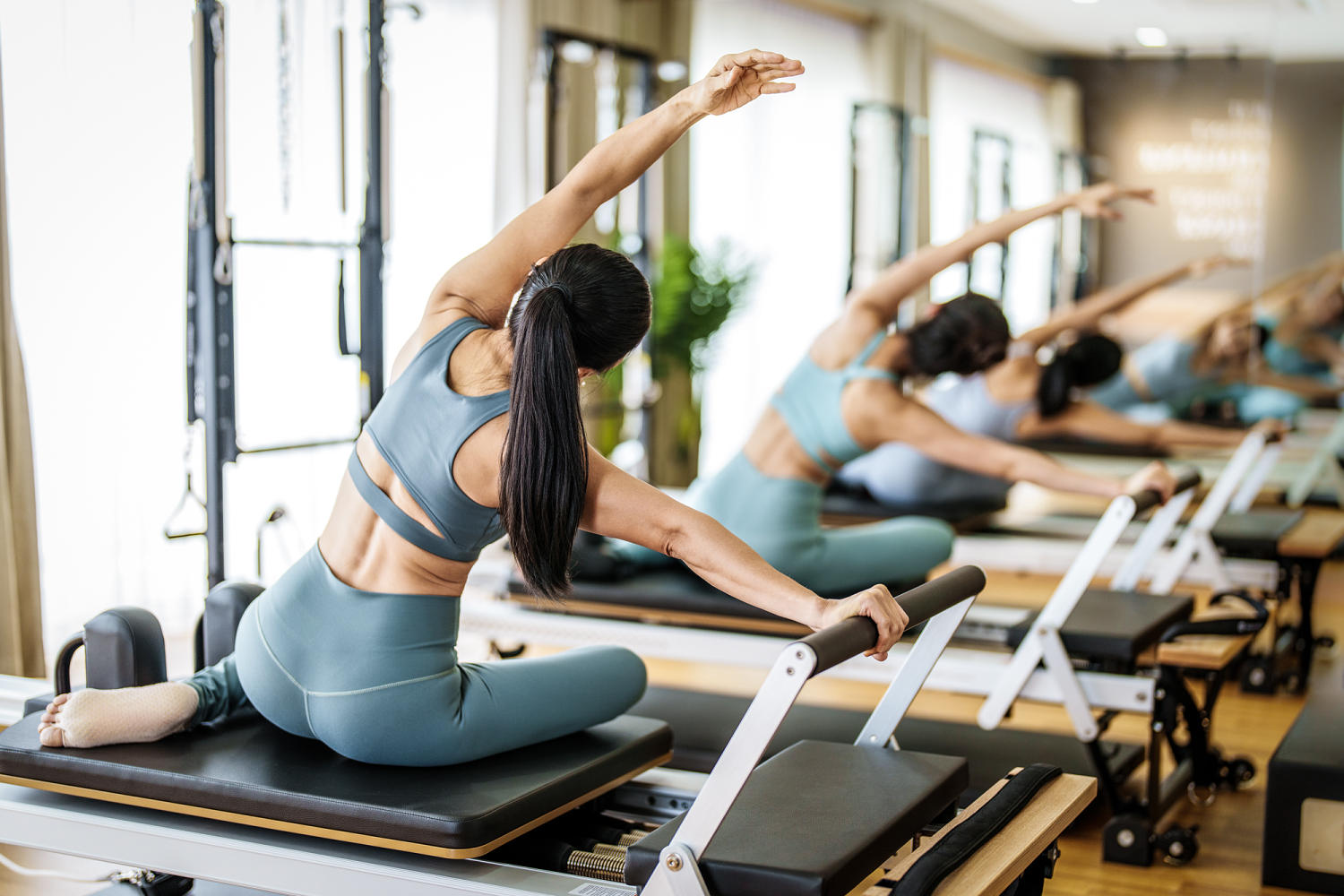

If your exercise routine has hit a summer slump, it may be because your workouts aren’t suited to your personality, new research suggests.
Personality traits can influence which physical activities people enjoy, as well as how often and how much benefit they get from exercise, according to a study published Tuesday in the journal Frontiers in Psychology.
About 31% of adults fall short of the recommended 150 minutes of moderately intense physical activity per week, highlighting the need for tailored exercise programs to get people motivated, scientists at University College London said.
“Understanding personality factors in designing and recommending physical activity programs is likely to be very important in determining how successful a program is, and whether people will stick with it and become fitter,” senior author Paul Burgess, a professor at the UCL Institute of Cognitive Neuroscience, said in a news release.
The researchers recruited 132 adults, who underwent baseline fitness testing before they were split into two groups.
For eight weeks, one group was asked to follow a home fitness regimen that included strength training and cycling workouts of varying intensity. Those in the control group were provided with stretching exercises but otherwise continued their typical lifestyles.
It’s expected that introverts would gravitate toward solo workouts and extroverts would shine in group fitness classes, but the study showed some surprises.
To participate, the volunteers filled out questionnaires that measured the so-called Big Five personality traits:
- Agreeableness
- Conscientiousness
- Extraversion
- Neuroticism
- Openness
The more extroverted participants did enjoy high-intensity interval training (HIIT) workouts and aerobic fitness lab testing.
However, people who scored high on extraversion were less likely to complete follow-up testing, so only 86 participants overall completed the study. In addition, extroverts didn’t have greater fitness improvements.
“Extroverts often prefer team sports or group fitness classes, and they get energy from fellow exercisers,” said Dr. Blaise Aguirre, a child and adolescent psychiatrist at McLean Hospital in Arlington, Massachusetts, who wasn’t involved in the study. “On the other hand, others who are more conscientious would be drawn to structured, schedule-based activities — say, a specific class at a gym where a specific and predictable routine is followed — and this is because this fits their organized, goal-oriented nature.”
People who scored higher on neuroticism — that is, a tendency to be moody or anxious — liked low-intensity exercise sessions at home as opposed to being supervised in the lab. They were also less likely to self-monitor their heart rates.
“People who are very anxious might avoid challenging forms of exercise or ones that involve others for fear of embarrassment, and because of this gravitate toward solo or less intense activities,” Aguirre said.
An important finding for people with anxiety: Participants with high neuroticism in the exercise group were the only ones who showed decreased stress, the authors noted.
At baseline, the participants who were more conscientious demonstrated better physical fitness and worked out more hours per week. That trait wasn’t a predictor of how much someone enjoyed exercising, though.
Participants who scored high in openness were less likely to enjoy the HIIT workouts and threshold rides — or cycling to boost aerobic power — which involved varying intensities. But they were likelier to complete follow-up testing.
People who are high in openness might be willing to experiment and seek out novel or varied routines, Aguirre said.
“For instance, if they typically go to the gym and like to jog, they may be open to trying dance, hiking or some new fitness trends,” Aguirre said.
Even with an willingness to try novel workouts, the trait of agreeableness predicted more enjoyment of a “easy, long” bike ride, the study found.
Which workouts work for my personality?
The link between personality and physical activity goes both ways, Aguirre said.
“In as much as your personality shapes your exercise routine, exercise can shape personality in return, in that it can also help reinforce positive traits (like being more disciplined and more sociable) and reduce negative ones (like anxiety or emotional instability),” he said.
Whether you’re looking to refresh your exercise regimen or starting from scratch, Aguirre recommends keeping these tips in mind:
- Know yourself and your nature.
- Choose activities that match your traits.
- Start small and build consistency.
- Seek support if needed.
- Be patient with yourself.
“There is no one-size-fits-all approach,” he said.
 Latest World Breaking News Online News Portal
Latest World Breaking News Online News Portal






